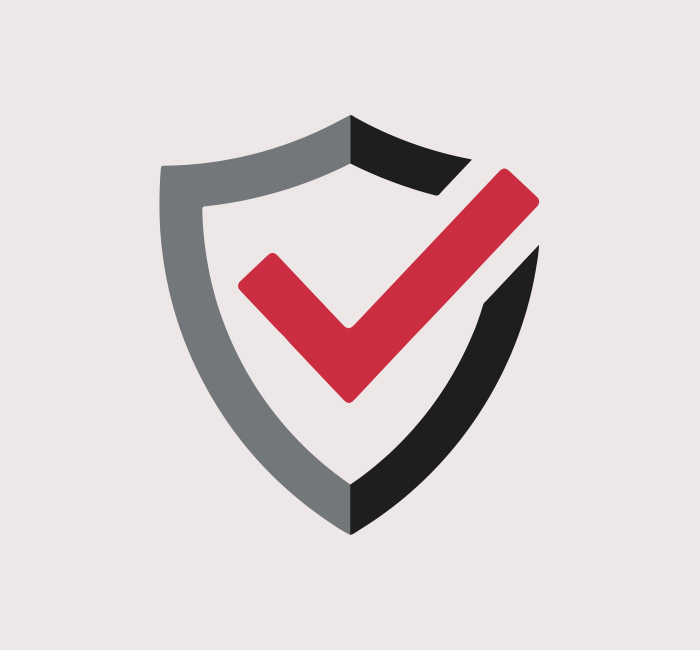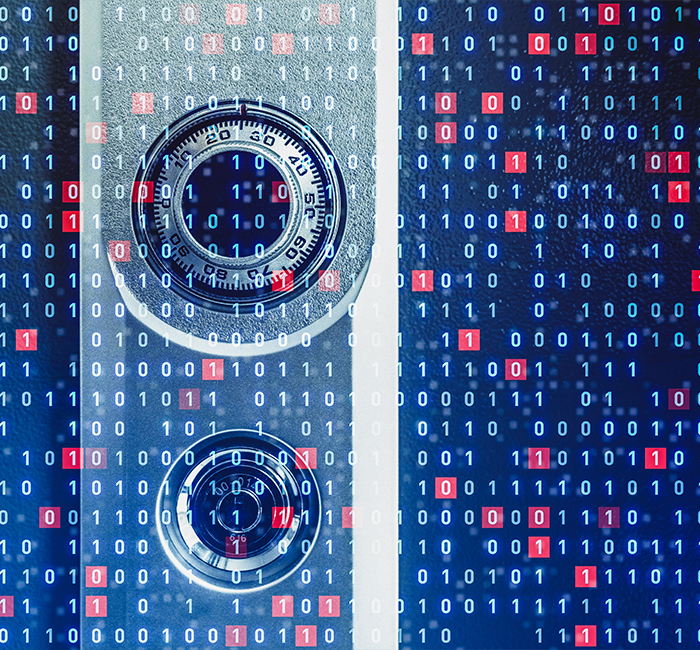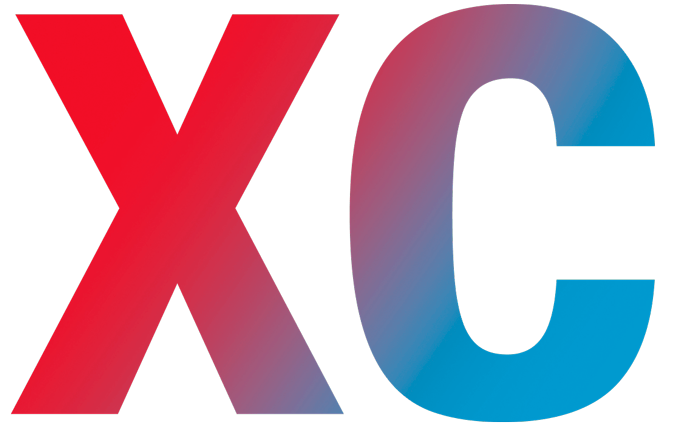Trustworthy identities from SwissSign Group AG form the basis for secure e-business processes. As a Swiss Trust Service Provider (TSP), SwissSign accompanies people and companies into a successful digital future. SwissSign is the leading security specialist in the German-speaking region and impresses with its ease of use and optimal mail encryption. They are our preferred partner for certificate management.

Why we recommend SwissSign
SwissSign is a joint venture of state-related companies (including Swiss Post), financial companies, insurance companies and health insurers and the provider of SwissID. As a public CA (Certificate Authority), it enjoys the highest level of trust in terms of consistency and business model. As a European provider and member of the CA Browser Forum, which defines the security standards for certificates on the Internet and their acceptance, it is conscientious in its validation processes and rated highly secure in compliance audits. Of course, the certificates issued by SwissSign are eIDAS-compliant and have the highest acceptance in internet browsers and other media.
Another major advantage of SwissSign certificates is that they are subject to European data protection law. The keys are thus protected from access by search warrants from overseas.

Our bestseller certificates
- SSL Gold EV - The highest trust and security level EV SSL certificate
- SSL Gold EV with Multi-Domain Option
- SSL Gold - The high-quality SSL certificate for your company
- SSL Gold with Multi-Domain Option
- SSL Silver Wildcard DV and SSL Gold Wildcard – encryption for unlimited subdomains
- E-Mail ID Silver
- E-Mail ID Gold
- SwissSign MPKI

essendi xc and SwissSign - a safe bet
When integrating SwissSign into essendi xc processes, you retain an overview and control of all certificates held in the company, their number, expiry dates, installation locations, etc. Compliance requirements such as adherence to predefined key lengths for requested certificates are met. The allocation of attributes such as SAN fields is guaranteed. Alert functions avoid operational disruptions caused by certificates accidentally expiring. Secure management of key material is centralised and unified.
"We want to wow our customers. That's why we work every day not only to meet their expectations, but to exceed them."
Sarah Zügel



